Grandmothers and grandchildren: a scientifically proven bond
What happens in the brains of grandmothers when they deal with their grandchildren?
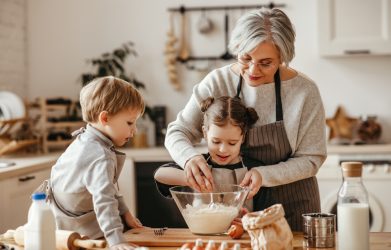
That among grandmothers and grandchildren there was a particular link is a thing known and under everyone's eyes. But that a scientific research confirmed it with data to the hand, scientifically demonstrating how much their connection is stronger than that one grandmother can have their own children with her, it is perhaps a novelty.
I study
What happens in the brain of grandmothers when they see their own grandchildren? It is what the neuroscientist James Rilling has been asked, professor at the Emory University of Georgia. Together with his team of researchers, he involved in the research of him fifty women who had at least one grandson aged between 3 and 12, to understand what the biological connections that allow to create an objectively very strong bond between grandmothers and grandchildren .
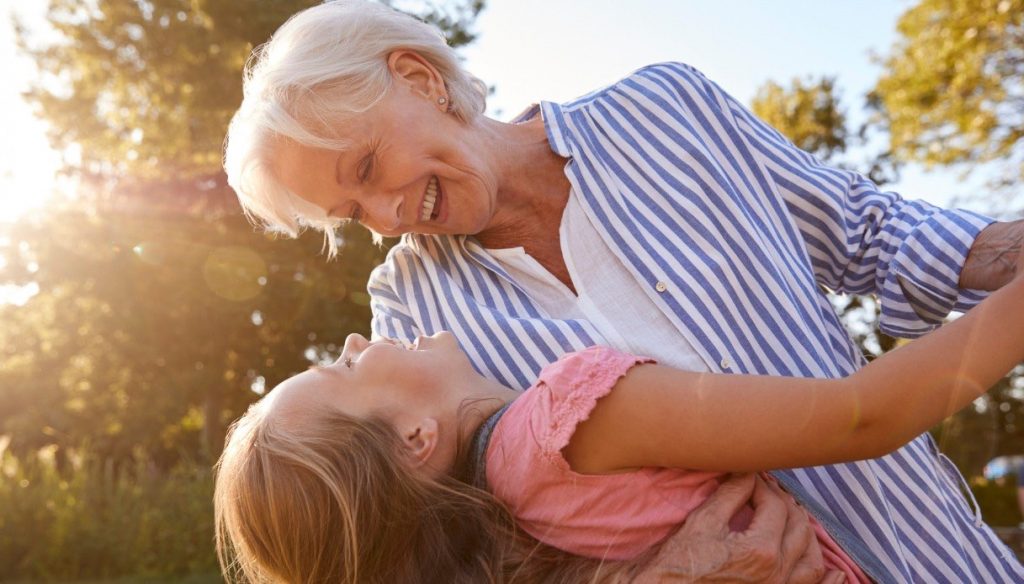
FMRI
Using functional magnetic resonance tests, scholars have observed what happens in a grandmother's brain looking at photos of various people: Photo of your own grandson, of the adult son, of a child with whom it has no relationship of kinship and an adult with which has no blood bond.
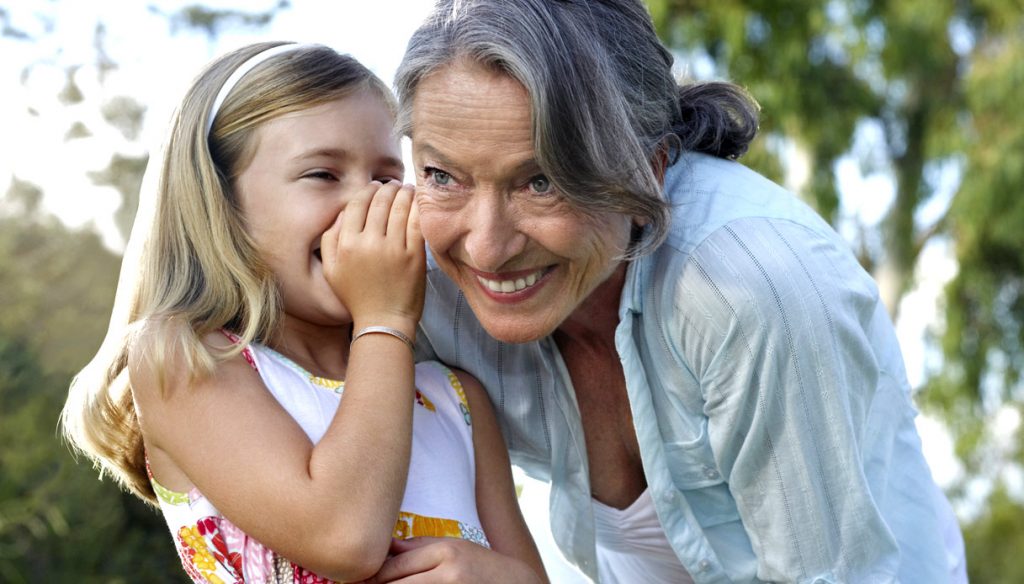
The results
The researchers observed the activity of brain areas that are activated in the brain of grandmothers when they look at the photos of their grandchildren or their children and the divergence of the data has been amazing. At sight of their grandchildren there was a great activity in brain areas involved in emotional empathy. Much more than it happened in looking at the photos of their children.
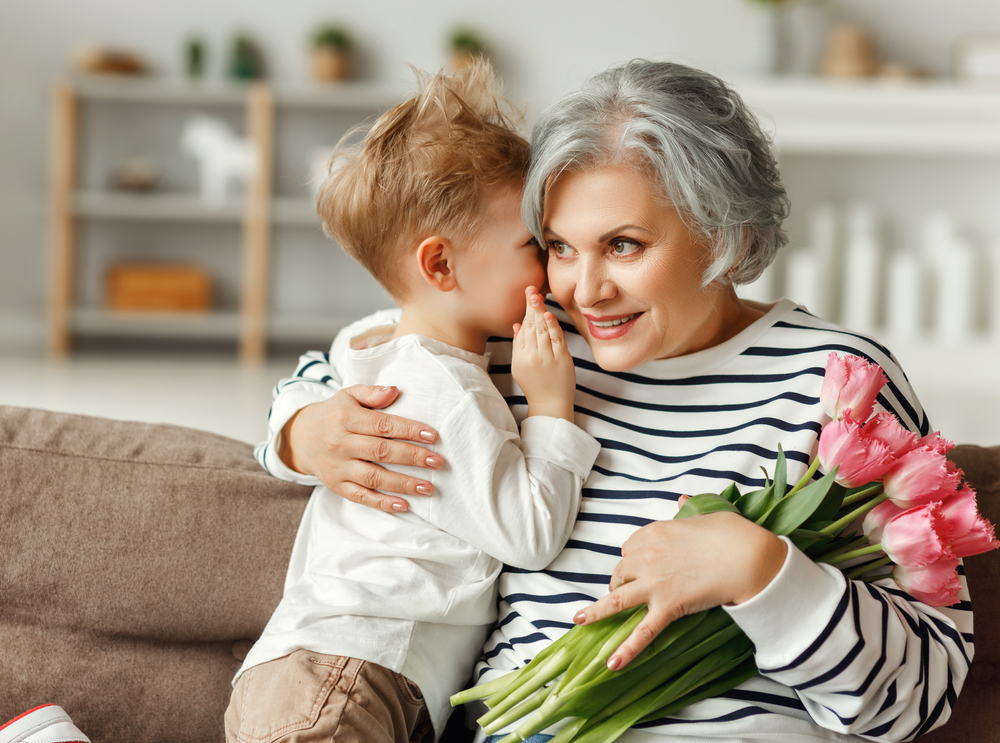
Emotional empathy
As Rilling said, the results of the search for him highlighted a very strong connection between grandmothers and grandchildren, so much so that he seemed almost prepared to try their emotions. If the grandson was smiling in the picture, physically felt the same joy as the child; If the grandson was crying in the picture, they tried anguish and pain.
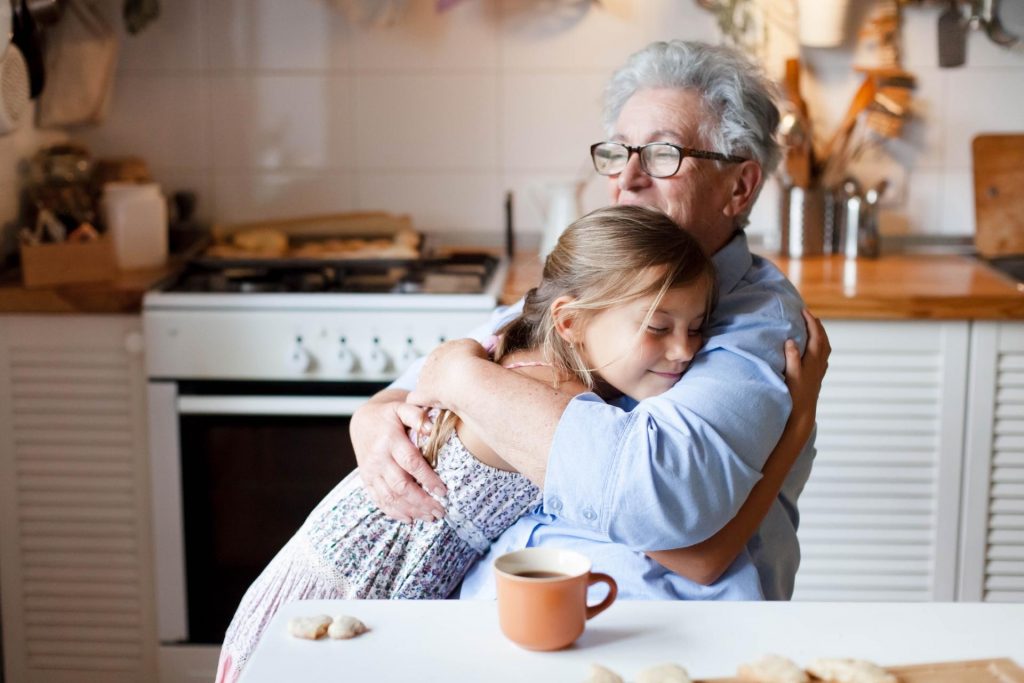
Cognitive empathy
Looking at the photos of their children during the experimentation, instead, the areas in which greater activity was recorded were those of communication, interaction, linked to cognitive empathy. Unlike what happened with their grandchildren, watching their children the grandmothers tried to understand what they were trying, what they were thinking and above all to identify their reasons, without letting himself involved at an emotional level.
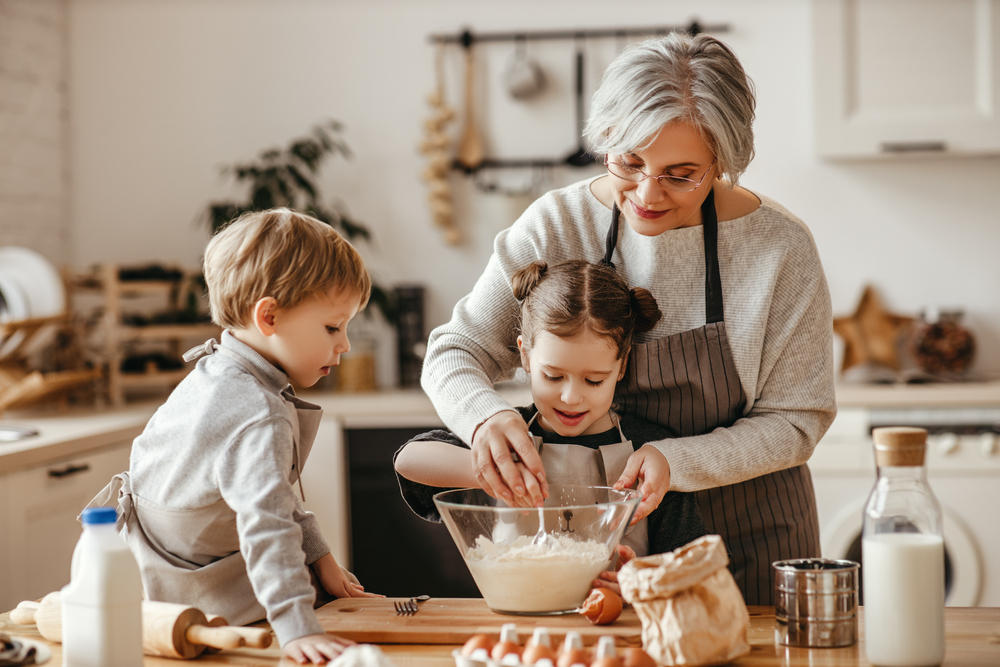
The questionnaire
In the questionnaire to which they had to respond during the experimentation, many grandmothers showed how difficult it is to relate to their children without interfering in the choices concerning the education of children / grandchildren and the values to be transmitted to them. On the other hand, stressed the carefree and joy they try to spend time with grandchildren, without the heavy educational and economic responsibilities that tried to grow their children.
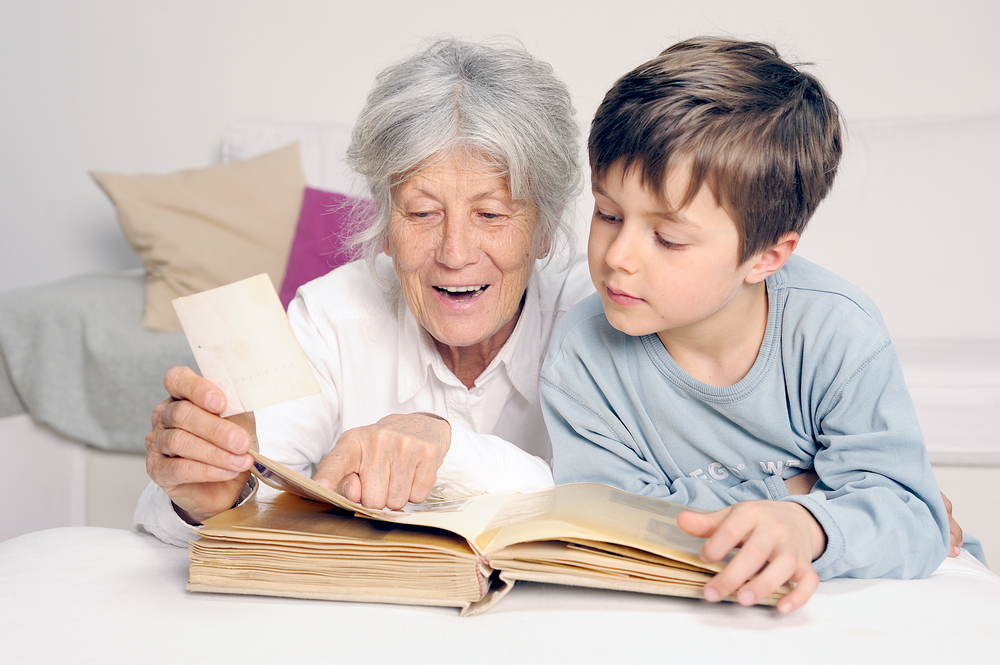
A study that should be improved
Despite the encouraging results, however, the Minwoo Lee researcher, involved in the study, stated that for more reliable results it would be interesting to take into account the cultural component to understand how the brain functions in grandmother-grandchild relationship can change depending on the culture of belonging .

20 things you did not know that your smartphone could do

